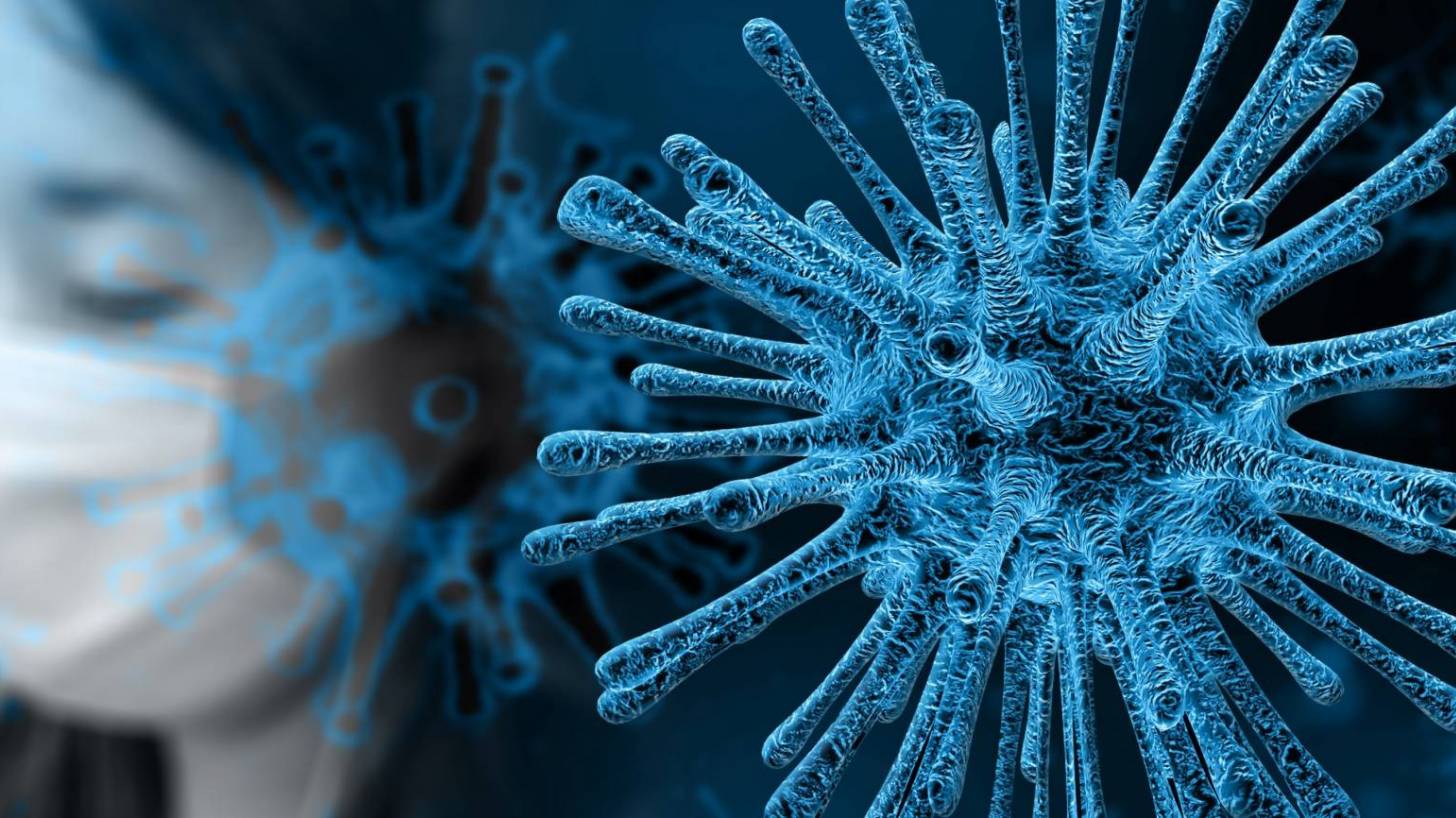Imperial College London Launches 2019-nCoV Vaccine Candidate

Scientists at the Imperial College London announced they will go into the first animal experiments of a 2019-nCoV vaccine candidate on February 10, 2020.
Professor Robbin Shattock, the Head of Mucosal Infection and Immunity within the Department of Medicine at Imperial College London, said in an interview on February 5, 2020, that if his lab is successful, ‘they will proceed onto human clinical trials within a matter of months.’
“We have successfully generated our novel coronavirus vaccine candidate in the lab – just 14 days from getting the genetic sequence to generating the candidate in the lab.”
According to Professor Shattock, the difference between this coronavirus vaccine effort and that of previous outbreaks, such as the SARS in 2002, is that a vaccine could potentially be produced much faster than conventional methods.
“We have the technology to develop a vaccine with a speed that’s never been realized before,” Prof. Shattock said in a media interview.
Since the 2019-nCoV outbreak began in China during 2019, several vaccine development projects have been announced, such as these recent notices:
- iBio, Inc. and Beijing CC-Pharming Ltd. announced their collaboration to develop and test a new 2019-nCoV vaccine to be manufactured using iBio’s FastPharming System.
- GSK announced a new collaboration with CEPI aimed at helping the global effort to develop a vaccine for the 2019-nCoV virus. GSK will make its established pandemic vaccine adjuvant platform technology available to enhance the development of an effective vaccine against 2019-nCoV.
- Vaxart Oral Vaccine Enters 2019-nCoV Development Competition. The oral vaccine platform may offer potential advantages when developing coronavirus vaccines.
However, as of February 6, 2020, the US Food and Drug Administration has not approved any preventive or therapeutic vaccine for use in the USA against the 2019-nCoV.
According to the US Centers for Disease Control and Prevention (CDC), the 2019-nCoV is a betacoronavirus, similar to MERS and SARs.
But, the complete clinical picture with regard to 2019-nCoV is not fully understood.
Coronaviruses are the 2nd leading cause of the common cold after rhinoviruses and until recent decades, they rarely caused any disease more serious than a common cold in humans.
The first human coronavirus was cultured in the 1960s from nasal cavities of people with the common cold, reports a recent study.
Coronavirus outbreak information and news published at Coronavirus Today.com.
Our Trust Standards: Medical Advisory Committee
